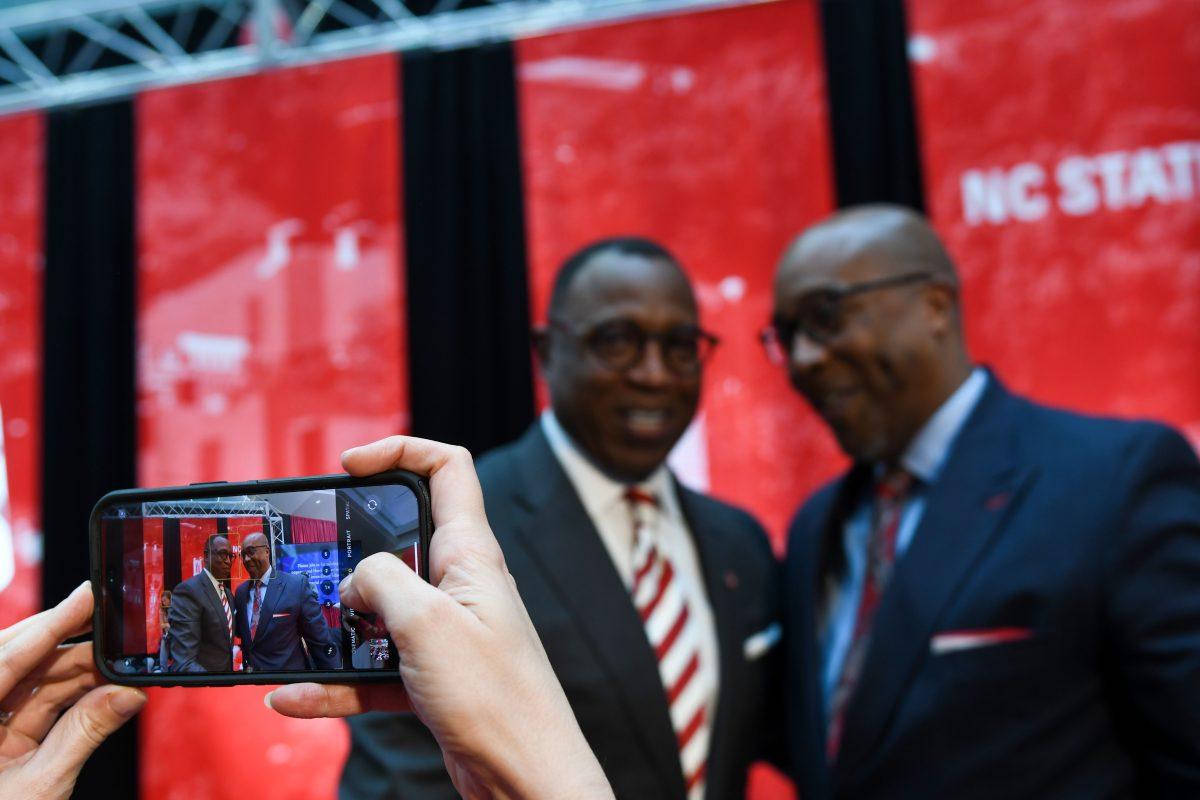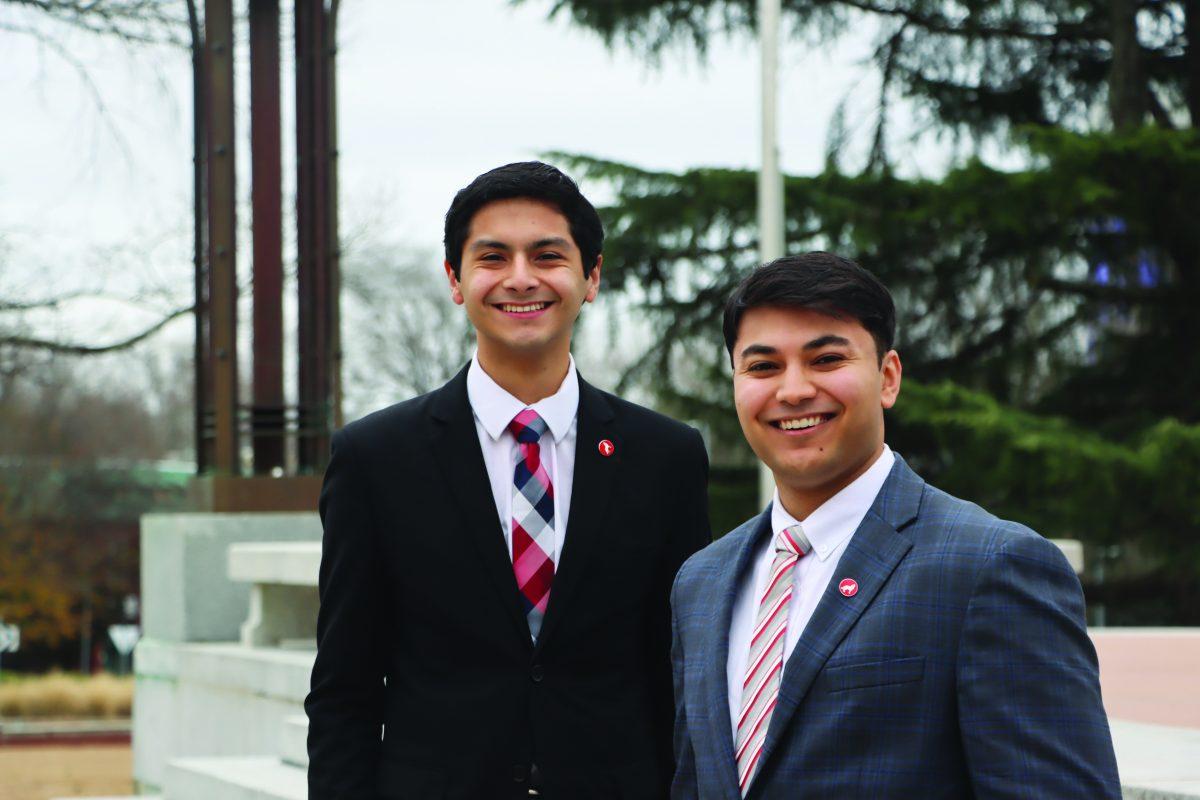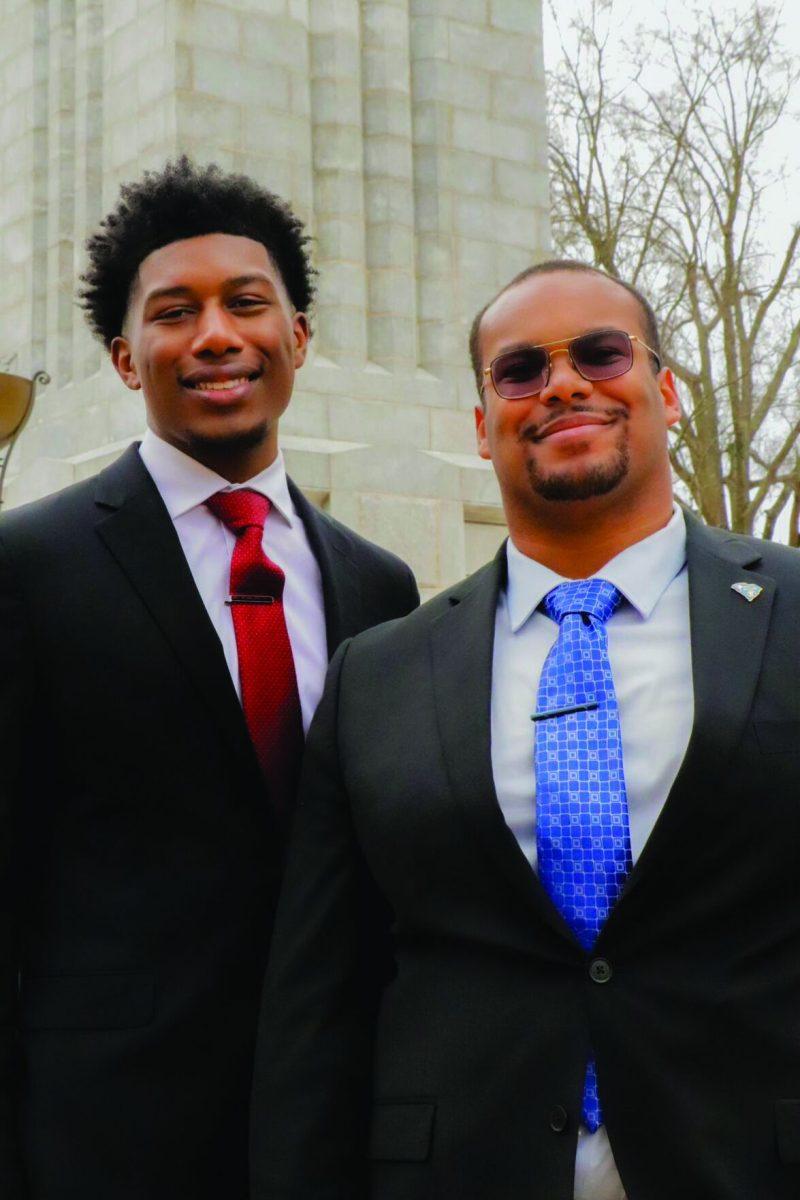This year, in an effort to make elections more accessible to any individual considering running for a student body officer (SBO) position in Student Government, the election fund was created to help compensate for what might be a large barrier keeping students from participating in Student Government.
According to Meredith Spence Beaulieu, a Ph.D. student in entomology and student body vice president, the discussion surrounding the election fund began at the 2018 budget town hall when the idea of lowering stipends for SBO’s (which is currently $4,200 for elected officers) was debated because participation in Student Government may not be possible for some students if they are not compensated for their work.
“There’s already an accessibility barrier for running for election,” Spence Beaulieu said. “In order to get into that role you have to have already devoted time going to either senate meetings or executive meetings for the president and vice president role specifically, but also you’re not required to pay a lot of money for your campaign but people do and then people that are successful generally spend a large sum of money.”
Lee Daniel, a third-year studying biology and commissioner on the Board of Elections (BOE), said that when Student Body President Jess Errico, a fifth-year studying mechanical and aerospace engineering, approached the BOE with the idea, it fit in with their initiative to be more accessible to students interested in being part of Student Government.
“BOE talked, we liked that idea,” Daniel said. “Then we decided to pair that with reducing spending limits, as they both addressed a similar goal of making elections more accessible. Then we got Christine Brugh and the Senate Committee on Government Oversight in on it. They supported it as well, passed the bill and it got through Senate.”
Candidates had one of two options, according to Daniel. Candidates could choose to either get a reimbursement through turning in their receipts through expense reports that candidates are required to submit and then would receive a check from the university business office. Alternatively, students running for an SBO position could meet with the BOE and the Student Government advisor to purchase campaigning materials which would be approved based on spending guidelines.
In previous student body president elections, spending limits were $800 and then an additional $400 if the race went into a run-off. In an initiative to make elections more accessible for students interested in running for an SBO position, spending limits were reduced 75 percent.
“We wanted to make sure that elections were more accessible and that other candidates felt that they could approach the election cycle,” Daniel said. “Some data that Student Body President had done was looking at rent and average food cost. That data provided by NC State University housing, dining, sustainability office and some other partners there, was that $1200 is about one and a half to two months of rent for students based off off-campus apartments. So that’s a huge barrier to students, so we looked at wanting to address that with the campaign fund and the spending limits.”
Because the election fund was approved mid-year, it is funded by the executive branch line item. Spence Beaulieu said that there was discussion at the Budget Town Hall for the future, by funding it through lowering the money allocated to the leadership development line item in Student Government; however, it has not been confirmed.
“Since it’s mid-year, there isn’t a line item for it in the budget, so we are paying for it out of the executive branch line-item,” Spence Beaulieu said. “It’s essentially a sludge fund that is used for initiatives or programming, really anything internal to the executive branch. It’s approved by the president, vice president and the chief of staff.”
According to the bill enacted by senate on Jan. 23, while no portion of student body funds are to be allocated to campaign or an organization supporting a campaign for a Student Government elective office, formal campaign assistance funds are permitted. Additionally, individuals in uncontested races for an SBO position will not receive the election funding.
Spence Beaulieu highlighted how the barrier that existed to even run for an SBO position in the first place was something that needed to be addressed.
“It’s just looking at the system that we have, and we’re arguing that the SBO stipends are necessary because of accessibility issues for people that have financial concerns,” Spence Beaulieu said. “But, we’re requiring them to spend $1,000 to get to the point where they can make $4,200 for the year. So it’s just a really stark dichotomy there and so we’re looking for ways to make it more equitable and more accessible for all students and not just people who have the ability to either put forth their individual funding or to raise money for campaigning.”













